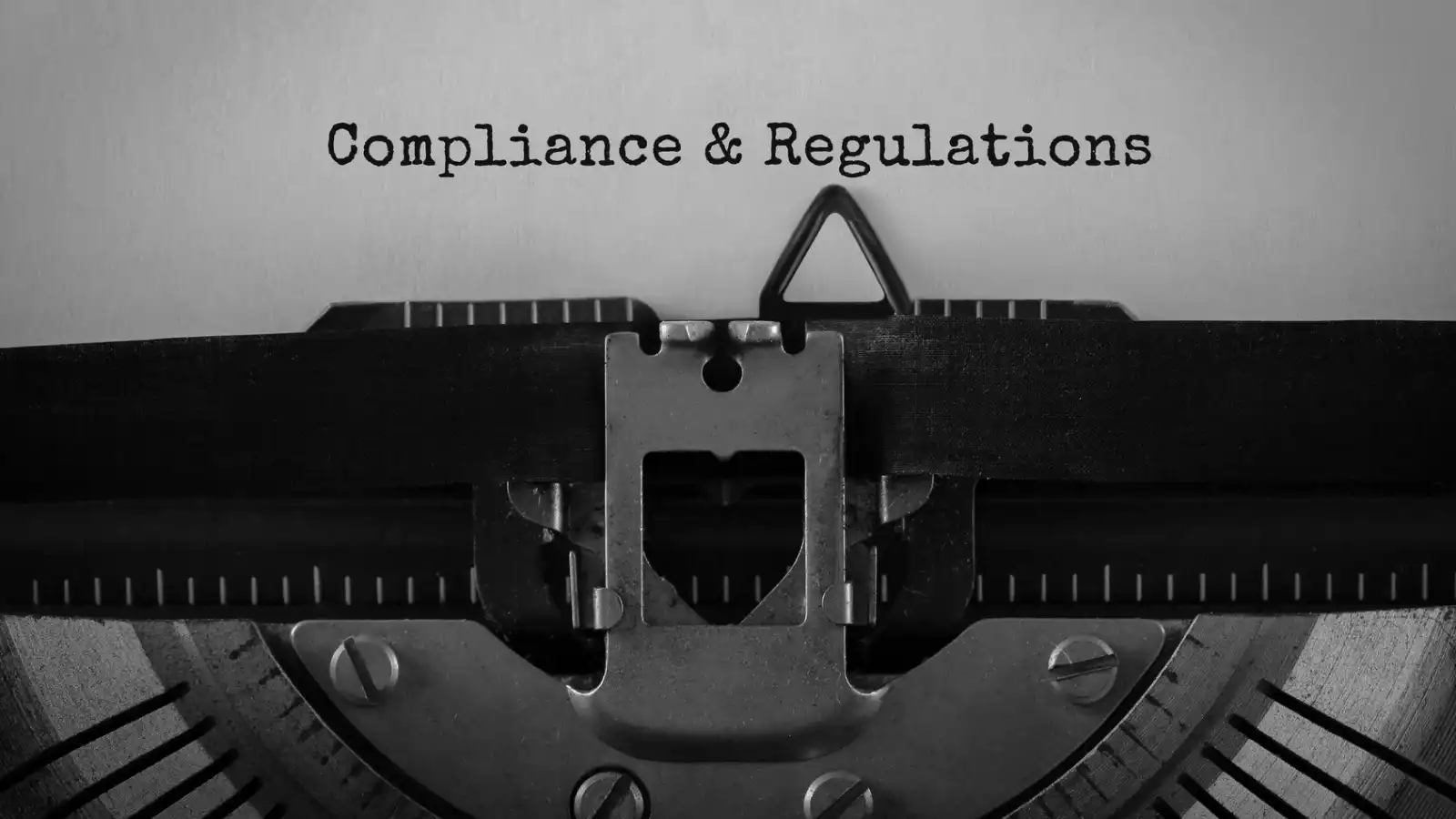The importance of having a leave policy in place cannot be overemphasized. Sure, if your small business consists of you and your spouse, and maybe your 22 year old son, it won’t be necessary. But, in the common scenario that you have less than the critical number of 50 employees, having a clear understanding of what polices are already in place and what policies should be in place is crucial.
I Don’t Need One
As mentioned earlier, this may be the case if your business is strictly family and you have no intention to grow and expand. This is fine. However, for any other business having a clear leave policy is important. Everything may be running smoothly for a while, but what happens on the day when one of your best employees shatters her leg in a skiing accident? These things do happen more often than we may be willing to admit; accident and disaster is inevitable at one point (disaster recovery). After she sustains such an injury, you may feel inclined to give her special treatment with a whole 18 weeks off, paid. That’s great. But what happens when Joe, the guy who shows up to work two hours late every day and sleeps for the next two hours, breaks his arm? You must give him the same “special treatment.” If not, he can sue, and you will regret not having a leave policy in the first place. All employees must be on an equal leave policy, and they all should be aware of it. If this event seems unlikely, know that it has happened before, and it is worth preparing for. And it’s not hard.
Two Policies You May Already Have: FMLA and MMLA
First, in the case your business exceeds 50 employees, congratulations. By federal law your employees already benefit from the Family and Medical Leave Act (FMLA). Required in all businesses with 50+ employees, this federal act allows 12 weeks of unpaid leave for an employee for:
- A serious health condition
- A family member’s serious health condition
- The birth and care of a child
- The adoption of a child
Second, whether you realize it or not, if the employees of your business, no matter the size, are working in Massachusetts, they can already benefit from the Massachusetts Maternity Leave Act (MMLA). Unique to Massachusetts, this act allows employees to take eight unpaid weeks off following the birth or adoption of a child. Of course, MMLA by itself without FMLA or anything similar is not a complete policy; there’s more that can happen than just the arrival of a child.
I Have Less than 50 Employees and Don’t Have FMLA. What Now?
Since federal law requires that you have more than 50 employees to have FMLA as your policy, it is very possible that you have nothing in place as a substitute. But all is not lost. Called FMLA mirrors, these policies are very easy to put in place and, as the name suggests, simply mimic FMLA, but for smaller businesses. This is especially nice for small businesses that plan to expand beyond 50, as they can easily and seamlessly transition into the regular FMLA. Additionally, custom and more specific leave policies can be tailored so as not to comprise the needs of the business.
Next Steps
As stated numerous times, having a leave policy is paramount. Fortunately, if your business exceeds the threshold of 50 employees, you’re already covered by FMLA. But in the likely event it does not, do you have a leave policy in place? MMLA, though nice, is not enough. But what else have your overlooked or are simply not aware of? What other simple steps can you take now to avoid serious problems down the line? Do you have an employee handbook for example? These hold more importance than many suspect. Partnering with a Professional Employer Organization (PEO), such as Genesis, can ease the stressful task of searching for every hole to fill and streamline the entire process. As it turns out, “prevention is the best medicine” is true for not only health, but for business too.




